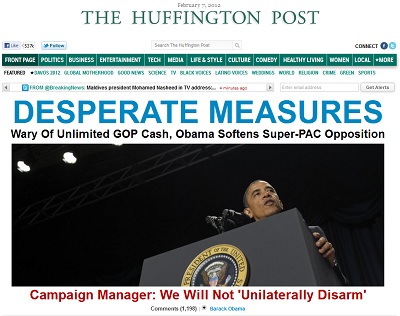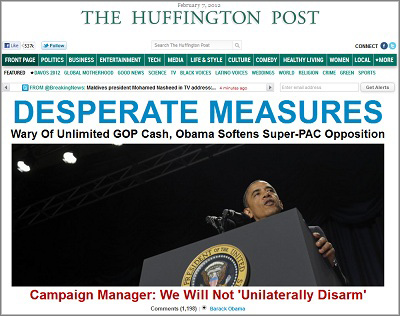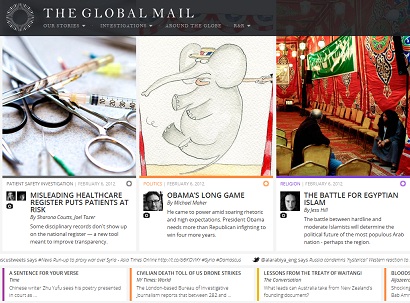
Paul Dacre giving evidence to the Leveson inquiry yesterday
The Independent has supported Daily Mail editor Paul Dacre’s suggestion to create a register of accredited journalists and toughen up access to the press card.
In a leader article today, the paper agreed that the “kitemark” system had potential, claiming: “Some information sources are more reliable than others.”
Mr Dacre was right that the idea that journalists should be licensed by the state is repellent to the fundamentals of press freedom. But there is merit in his suggestion for a body replacing, or sitting alongside, the existing Press Complaints Commission, which would be charged with the wider upholding of media standards.
One of its functions might be the issuing of a press card which could be suspended or withdrawn from individuals who gravely breach those standards. And while some people will argue that a kitemark for professional journalism might threaten freedom of expression in an age when much news and comment originates with bloggers and social networks, there is no danger to that freedom in giving the public what might be called a quality reassurance. Some information sources are more reliable than others.
Dacre admitted yesterday that he hadn’t given much thought to whether digital journalists would be eligible for the scheme.
The Guardian’s Dan Sabbagh says Dacre’s proposal risks pushing bloggers “right to the fringes of the system”
Meanwhile, where would foreign media, with their own rules, fit in? Nor is it certain that a Dacrecard system would be effective. Whilst some of the reporting closed shops, most obviously the political lobby, confer benefits, being outside it does not hamper quality political journalism. It could be surprisingly easy to make a mockery of the Dacrecard system.
This self-serving suggestion is a clear attempt to ostracise whole swathes of the predominantly online media industry who would eat Dacre’s lunch given half the chance.



